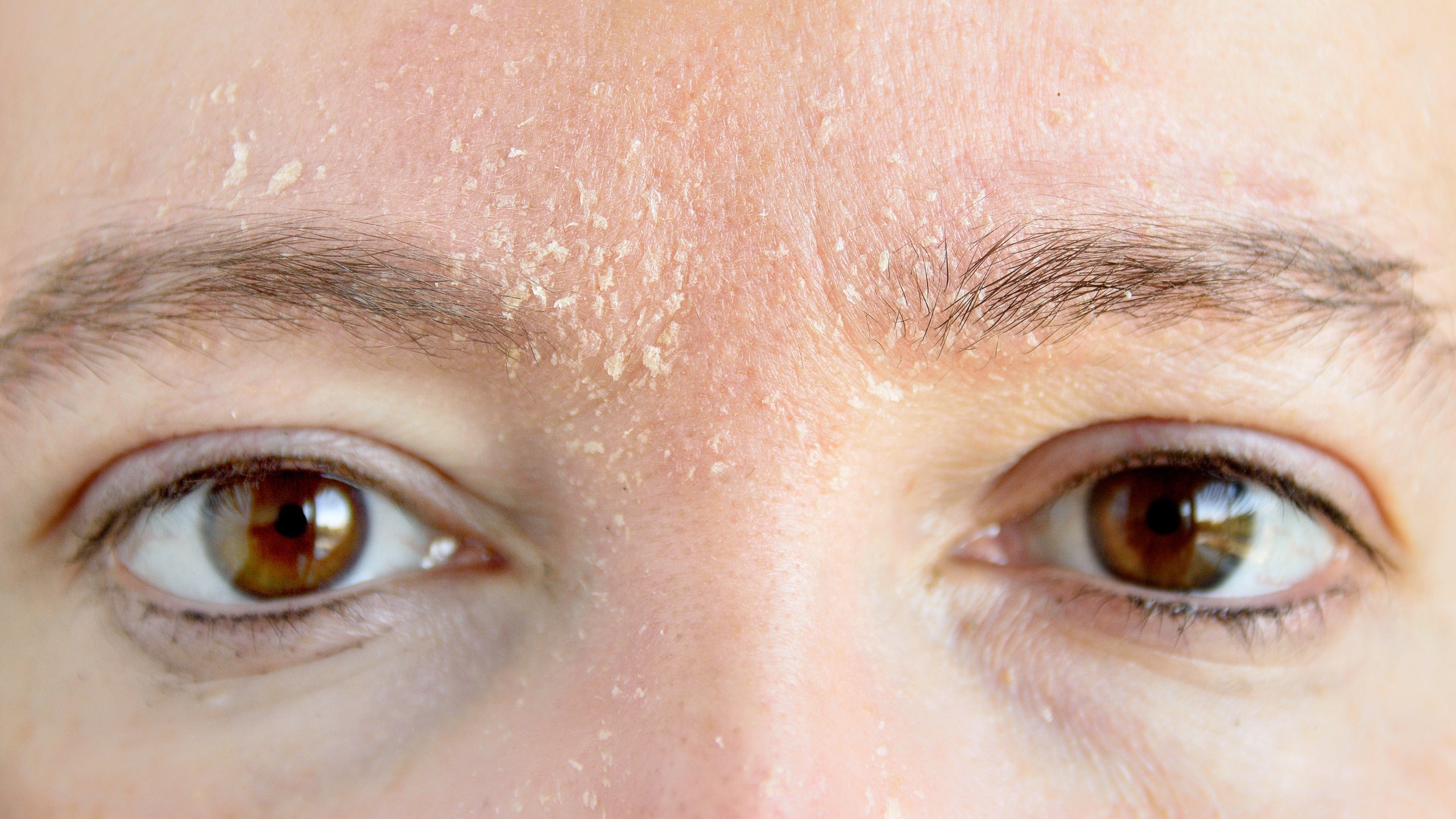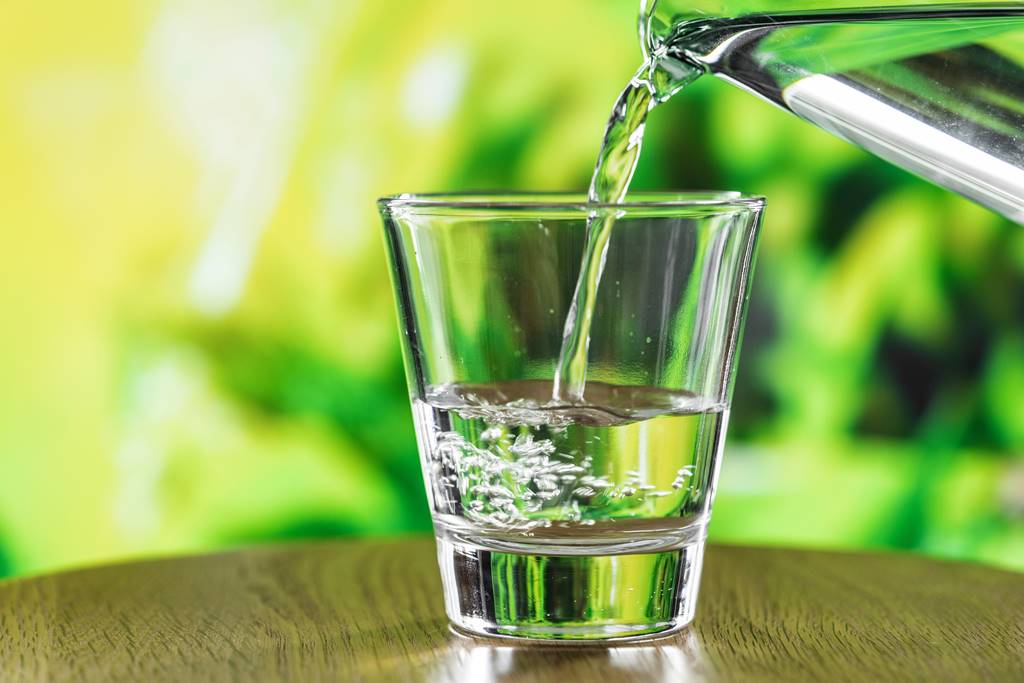Say Goodbye To Your Dry Skin With In-Shower Moisturizers!

We get dry skin when our skin is unable to retain enough water due to factors including over-washing, the use of harsh soaps, becoming older, or being on certain medications. Since the water content of the epidermis (the skin’s outermost layer) tends to mirror the degree of humidity surrounding it, dry skin is a particular issue during the winter months when humidity is low both outside and inside. Winter dry skin, commonly known as winter itch or winter xerosis, may be alleviated using a variety of easy and affordable methods.
A staggering 75% of persons over the age of 64 suffer from dry skin. The cumulative impact of UV damage, which causes thinner skin that does not retain moisture, is often to blame. Age also causes a slowdown in the skin’s natural oil production, which may be due in part to a reduction in hormones that activate oil and sweat glands after menopause in women. Dermal (deeper skin) substances that draw and bind water molecules decline with ageing as well.
Although dry skin isn’t often dangerous, it may lead to issues like persistent eczema (red patches) or bleeding from fissures deep enough to compromise dermal capillaries. Your doctor may recommend a lotion with lactic acid, urea, or corticosteroids if your skin is really dry. Medical diseases such as hypothyroidism, diabetes, cancer, kidney illness, liver disease, psoriasis, and atopic dermatitis may all contribute to dry skin, therefore your doctor may order certain tests to rule them out.
Reasons for skin dryness
Dry skin occurs when there is not enough moisture in the skin’s deeper layers. Possible causes of skin dryness include:
- With time, the oil glands in your skin that keep it supple and hydrated become less active. As a consequence, your skin will become less pliable and lose its fatty padding.
- This occurs as your body ages and is completely normal.
- The amount of moisture your skin retains depends on the weather. Skin becomes dry in arid or cold regions with high wind speeds because these environments lack dampness. Dry skin may occur anytime but happens mostly in winter.
- Conditions of health and heredity: If you have a family history of dry skin or a medical condition that often manifests as dry skin, your chance of developing dry skin is increased. Allergic reactions, eczema, diabetes, and renal illness are among the disorders that may cause dry skin.
- Occupations: If you work in the elements, with chemicals, or wash your hands regularly, you may get dry skin. Working as a nurse, cosmetologist, or farmer increases your risk of developing dry skin.
Preserving the skin’s natural moisture
The epidermal skin cells are like an ordered stack of roof tiles, with the lipid-rich “glue” between them serving to keep everything flush and in place. (Refer to “Skin Anatomy”). Because of the low humidity and drying effects of interior heat throughout the winter, water loss increases when the adhesive is loosened by sun damage, excessive cleaning, scrubbing, or underlying medical issues. This might cause your skin to feel rough, flaky, itchy, cracked, and even burn.
In-Shower Body Lotion
Both of these shower body lotions seem to be made up mostly of water and petrolatum, two common ingredients. Perhaps that’s what gives it its “water-resistant” reputation; try removing Vaseline. It holds up well against wetness.
Once you get out of the shower, all you have to do is pat yourself dry with a towel, and you’ll be ready to go. The shower body lotion helps maintain the skin’s natural moisture balance. If your skin ever gets dry, you can put them on. However, regular lotion might leave your skin feeling greasy.
There are many individuals who don’t look forward to putting on body lotion after a shower and many different reasons why this is the case. It takes five minutes longer to get from getting out of the shower to the next stage in your regimen since you have to dry your skin sufficiently before applying, and then there’s the matter of how long you have to wait until putting on your pants isn’t an Olympic performance. But there are some real skin care advantages that make slathering your skin in the shower wiser than waiting till you’ve towelled yourself, so it’s not just about saving time in the morning.
If you wait until your skin is dry to apply moisturiser, it won’t be nearly as effective as if you did it before the water evaporated and your skin began to lose moisture. Because of this, those whose skin is excessively dry and dehydrated might consider using a lotion while they are still in the shower.
The skin is at its driest in the winter, but we’ve found that wet skin moisturisers work just as well in the summer, when we don’t feel like putting on a thick, fatty body butter after a shower. Apply it all over as you would a body wash, and then rinse for velvety smooth skin that lasts for hours without any effort on your part.
We understand if the idea of purchasing an in-shower lotion has never entered your mind; such cutting-edge items have only lately come to the forefront of our radar due to the flood of new releases and the return of old favourites. Our favourite in-shower moisturizers are Nivea, Hanni splash salve, and KORRES Instant Smoothing Serum-In-Shower Oil are among of our go-to shower moisturising products because of their ethereal, oil-rich formulas. If you don’t use body lotion, then these in-shower lotions may be your saving grace. Their solution to our problem is obvious to us.
Final Thoughts
Body lotion designed for use in the shower is considerably different from traditional lotion in that it does not leave a greasy or sticky film on the skin after drying. To avoid any additional labour after a shower, use a body lotion designed for use in the water. However, you shouldn’t use ordinary body lotion when taking a shower. After a shower is the best time to apply regular lotions since they are all washed off and not absorbed during a shower.



